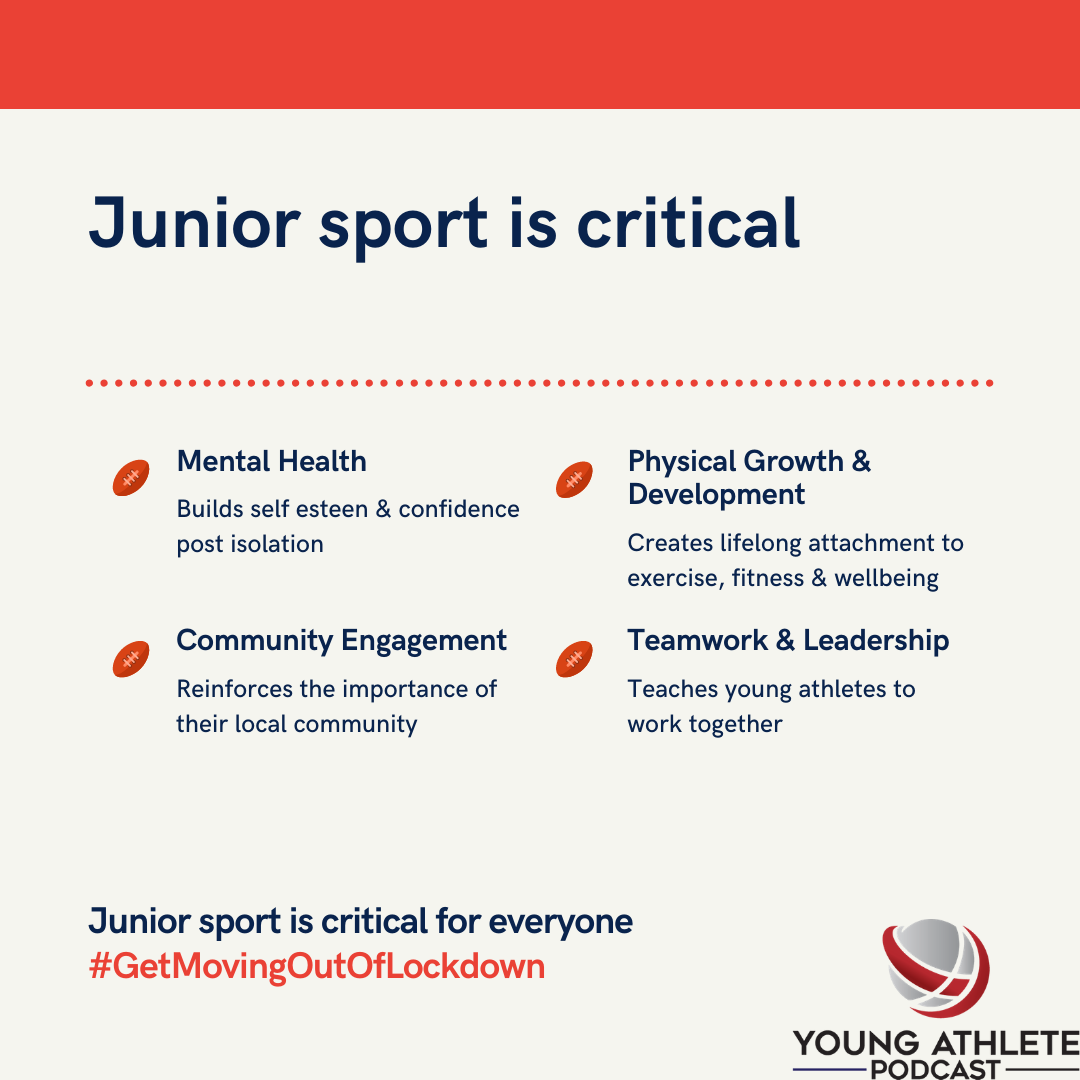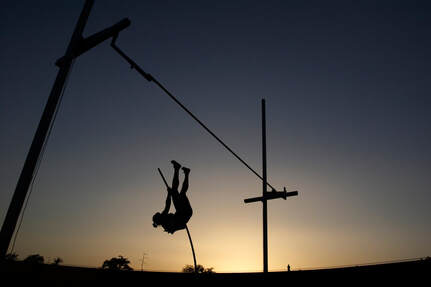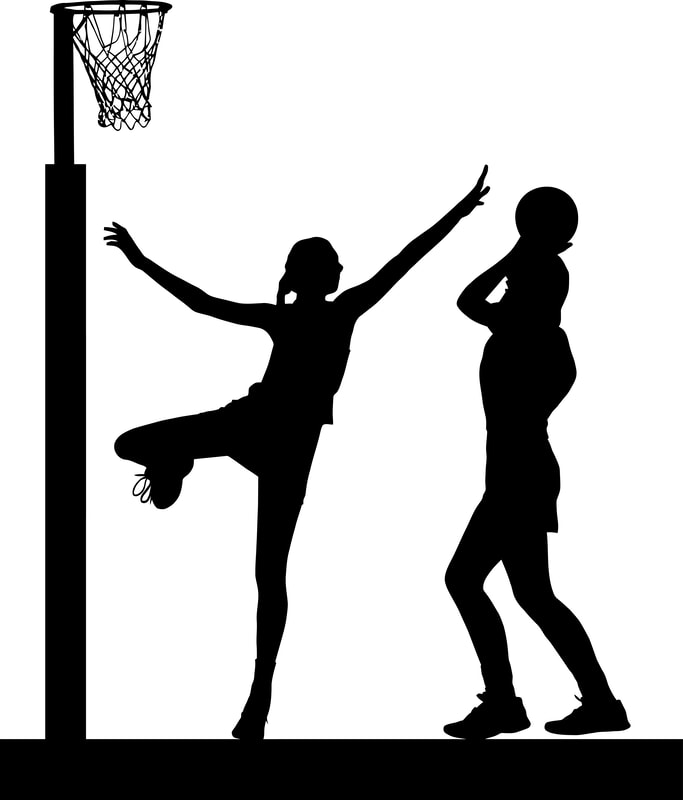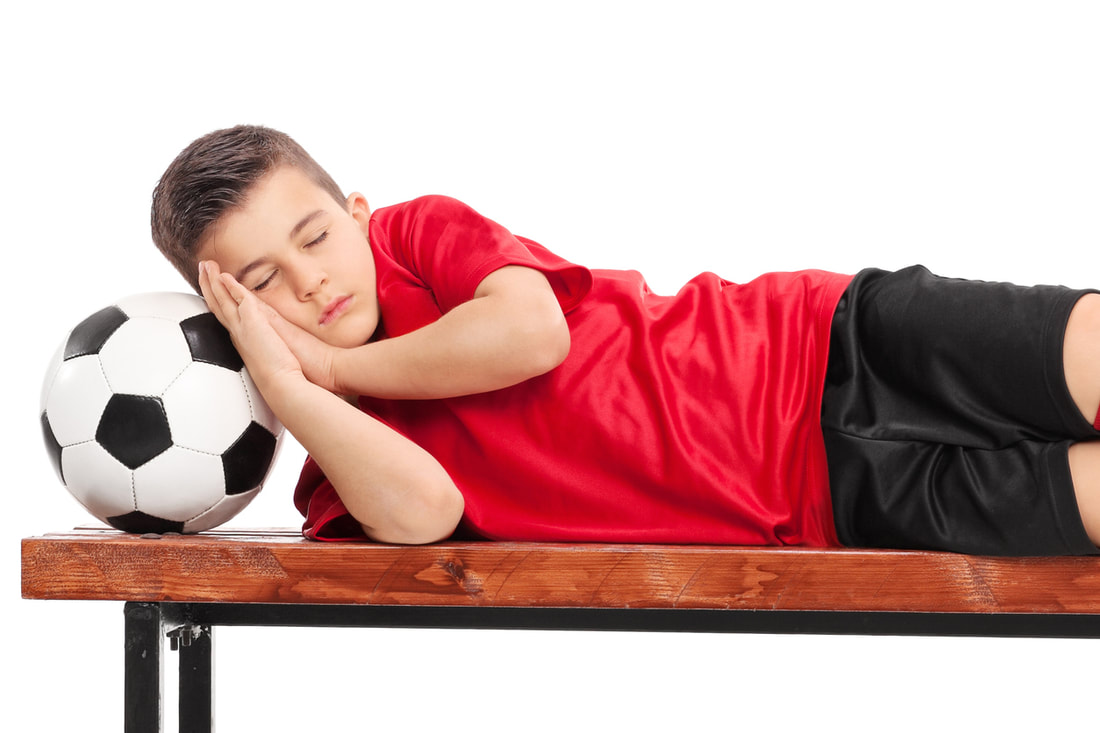Why is this so important? - well several reasons actually;
It is important for young people to play sport and stay active for their physical and mental health and wellbeing, and to develop their physical literacy. An early connection to sport can also encourage a lifelong love of sport and physical activity. Dig a little deeper into this and there are 3 sub groups most at risk of dropping out of junior sport - if you are ;
Junior sport isn't just about winning, its also about building happier, healthier and safer communities. Social bonds are generally stronger in communities where sport is a key part of everyone's lives and physical activity is a priority. It also gets you out of your "bubble" - which has shrunk considerably through this period. Interacting with team mates and friends you may not have seen much since March will make a big difference for all of the reasons listed above.
Junior sport is not just about the physical side of things. Sport helps young athletes develop new skills to deal with the ups and downs of life in general. With the help of good coaching, sport will help young athletes learn how to work with team mates to perform better as a group and hopefully win on occasions as well.
Young athletes will get a sense of accomplishment from this and from learning to work well with team mates, can use this in the classroom and life in general as they become adults. In any team there are young athletes that stand out or want to be leaders - good support from parents and coaches can help develop these qualities. Over time these young athletes become great role models for their peers and can help resolve conflicts or problems as they arise, not just at sport, but at school and as they grow up. No matter what, getting back to junior sport is critical for young athletes, and the communities that they live in.
0 Comments
Your comment will be posted after it is approved.
Leave a Reply. |
AuthorScott has been involved in both elite sport and with everyday people for over 20 years, as a Strength & Conditioning Coach, Exercise Physiologist and Sports & Exercise Physiotherapist. ArchivesCategories
All
|





 RSS Feed
RSS Feed